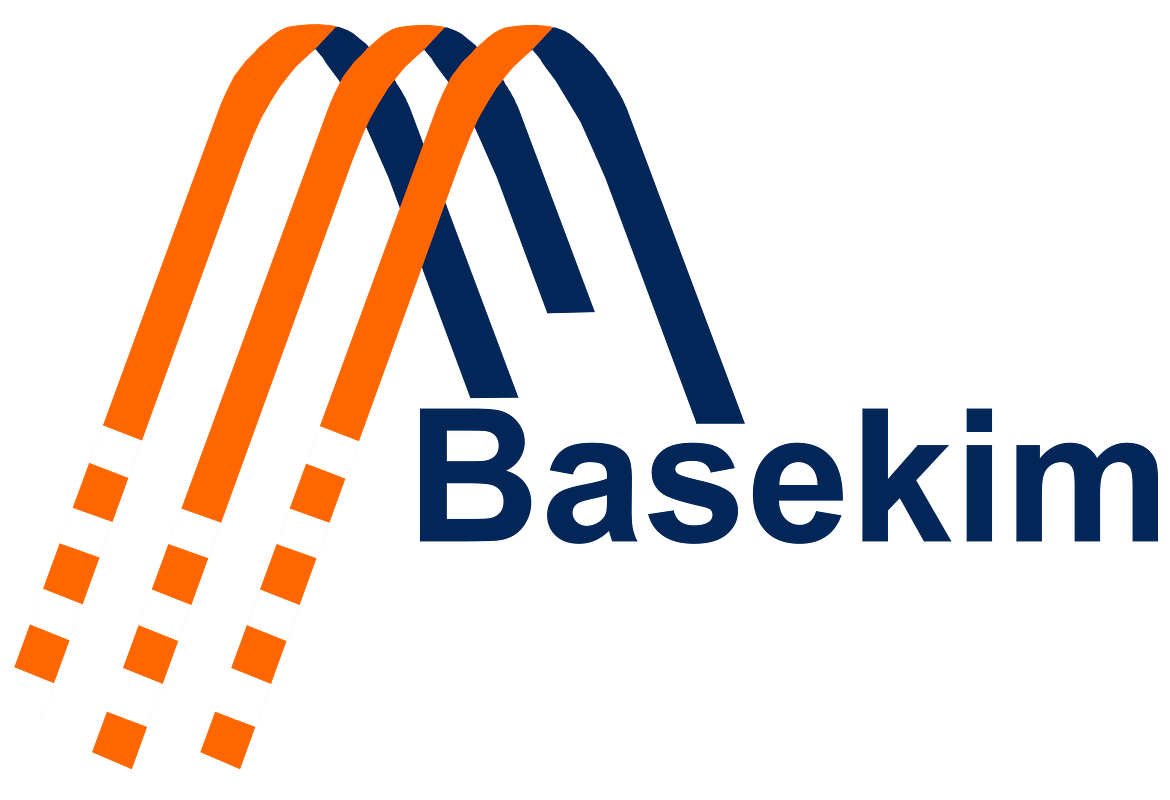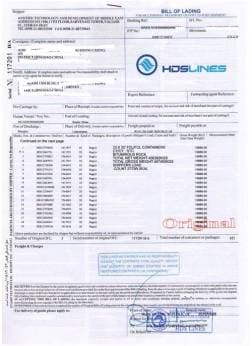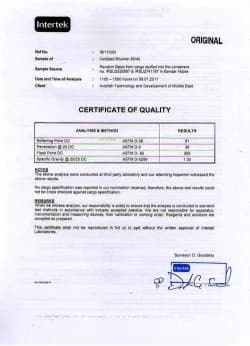PMB 25/70 – Advanced Polymer Modified Bitumen for Heavy-Duty and All-Climate Roads
PMB 25/70 is a high-performance Polymer Modified Bitumen formulated to deliver exceptional durability, elasticity, and load-bearing strength for demanding infrastructure projects. The “25/70” classification represents its penetration range, giving this binder a perfect balance of stiffness and flexibility for both hot and cold climates.
By incorporating advanced polymers such as SBS (Styrene-Butadiene-Styrene), PMB 25/70 offers improved resistance to rutting, cracking, and fatigue—making it a reliable choice for highways, airports, industrial zones, and bridge decks.
Distinctive Qualities of PMB 25/70
Unlike conventional paving bitumen, PMB 25/70 undergoes a specialized modification process that changes its internal structure, allowing it to adapt to temperature extremes and heavy load pressures. This results in:
Exceptional Rut Resistance – Prevents deformation in high-traffic areas.
High Elastic Recovery – Restores shape after repeated load cycles.
Superior Temperature Stability – Maintains flexibility in cold weather and stability in high heat.
Improved Adhesion – Ensures strong bonding with aggregates even under moisture conditions.
Extended Service Life – Reduces maintenance frequency, lowering overall project costs.
Applications of PMB 25/70
1. Expressways and Motorways
Ideal for roads with heavy truck volumes, where rut resistance and structural integrity are crucial.
2. Airport Surfaces
Handles extreme point loads from aircraft wheels without compromising surface quality.
3. Bridge Decks
Withstands structural movement, temperature variation, and dynamic loads.
4. Industrial and Port Areas
Perfect for container yards, logistics hubs, and loading docks.
5. Cold Climate Roads
Performs well in freeze-thaw cycles, preventing low-temperature cracking.
How PMB 25/70 is Produced
Manufacturing 25/70 is a controlled process that ensures consistency and quality:
Selection of Base Bitumen – High-purity paving grade is selected for base performance.
Polymer Modification – SBS polymers are added to enhance elasticity and strength.
High-Shear Blending – Disperses polymer evenly through the bitumen.
Temperature Regulation – Maintains optimum processing temperature to avoid polymer degradation.
Final Quality Testing – Includes penetration, softening point, elastic recovery, and viscosity analysis.
Performance Advantages Over Conventional Bitumen
| Feature | Standard Bitumen | PMB 25/70 |
|---|---|---|
| Rut Resistance | Medium | Very High |
| Elastic Recovery | Low | Excellent |
| Crack Resistance | Moderate | High |
| Temperature Stability | Average | Superior |
| Service Life | 8–12 years | 14–20 years |
Packaging and Global Delivery
PMB 25/70 is packaged to suit large-scale and export requirements:
Bulk Tanker Loads – For direct delivery to asphalt plants.
New Steel Drums – 180–200 kg net weight.
IBC Containers – For specific project or export needs.
With Basekim’s strong international logistics network, 25/70 is shipped under FOB, CIF, or EXW terms, complete with MSDS, quality certificates, and full compliance documentation.
Sustainability Impact
Roads built with 25/70 require less frequent resurfacing, lowering raw material use and energy consumption. This leads to reduced carbon emissions over the road’s lifespan, supporting long-term environmental goals.
Frequently Asked Questions (FAQ)
Q1: Can Oxidized Bitumen replace 25/70 in high-load applications?
A: No. While Oxidized Bitumen offers rigidity, it lacks the elasticity of 25/70, making it unsuitable for heavy-traffic areas.
Q2: How does PMB compare to Oxidized Bitumen in cold climates?
A: PMB is more flexible and resists cracking better in freeze-thaw conditions.
Q3: Can PMB 25/70 be blended with Oxidized Bitumen for special projects?
A: This is not recommended, as the blend can reduce polymer performance.
Q4: Which has a longer lifespan 25/70 or Oxidized Bitumen?
A: PMB 25/70 typically lasts longer under both heavy load and extreme climate conditions.


